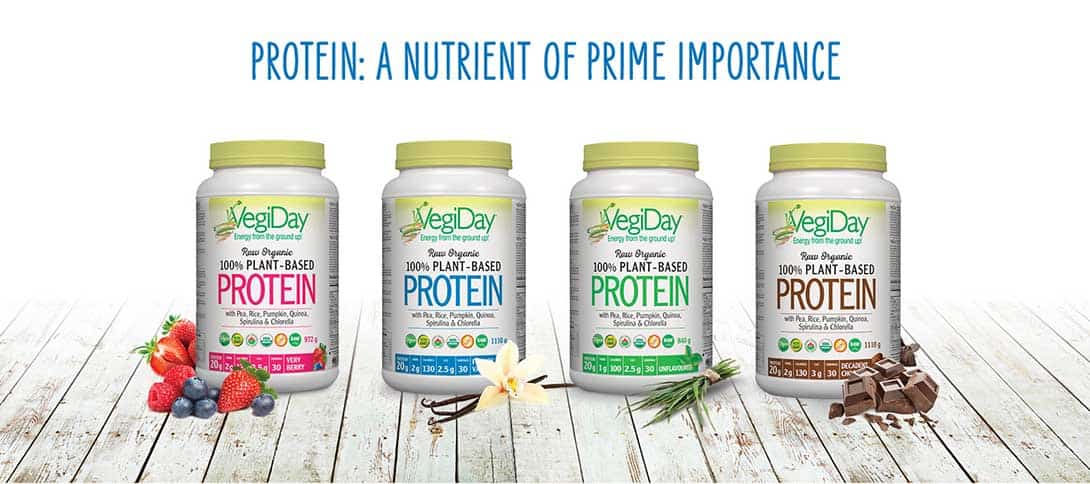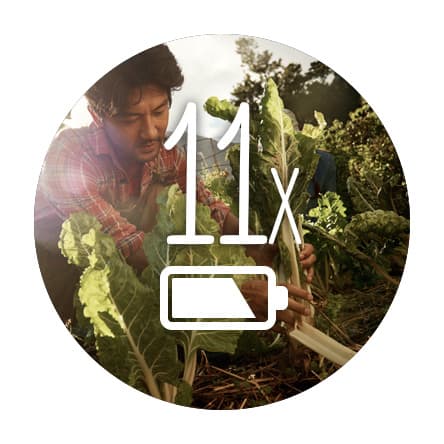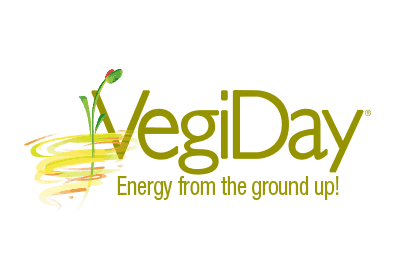
A nutrient of prime importance
Protein plays a very diverse role in the body and is essential to our health. Along with fat and carbohydrates, protein is the third macronutrient in our diet. The word "protein" comes from the Greek proteios which means “of prime importance.” Researchers have long placed protein on the primary pedestal.
Protein is found in every cell in the human body. It is vital for repairing and maintaining body tissue, creating enzymes and some hormones, forming antibodies, and transporting oxygen. Plants don't just provide the protein we need to thrive; they also minimize many of the health risks associated with meat consumption.
"Formerly, vegetable proteins were classified as second class, and regarded as inferior to first-class proteins of animal origin, but this distinction has now been generally discarded."
– The Lancet, editorial. Nov. 28, 1959
Plant a steak in the ground

All protein is not the same
Animal proteins were once deemed "superior" because they offer all the amino acids we need in one complete package, so the body can quickly utilize them. But, the slower synthesis of plant protein is actually better. Speeding up body functions is akin to accelerated aging – like putting the pedal to the metal.
Although vegetable proteins may not come to us complete in any single plant, plants do contain the protein we need. Plus, plants also provide us with fibre, essential fatty acids, and a vast array of vitamins, minerals, antioxidants, and other beneficial nutrients.

Sustainability is a meaty issue
Back in 1971, the best-selling book, Diet For A Small Planet, argued that the greenhouse gas footprint of consuming ruminant meat is, on average, 19–48 times higher than that of high-protein foods obtained from plants. Plus, producing animal protein uses far more energy. On average, 11 times more energy is required to produce animal protein. But, you don't have to become a vegetarian to make a difference. Every time you choose a plant-based food, you’re part of the solution.

Protein can be a clean, renewable resource
Farming food crops requires fewer natural resources than animal husbandry. We could increase the earth's food supply dramatically simply by shifting the 16 major crops away from livestock feed and biofuel production, to human consumption. One study estimated this change would create a 28% increase in food.1
This would also result in significant reductions in greenhouse gas emissions from machinery, nitrous oxide pollution from fertilizer, and methane gas produced by animals. Plants are truly the path to a greener day – a VegiDay.
1Foley JA, Ramankutty N, Brauman KA, Cassidy ES, Gerber JS, Johnston M, Mueller ND, O'Connell C, Ray DK, West PC, et al. Solutions for a cultivated planet. Nature 2011;478:337–42.
